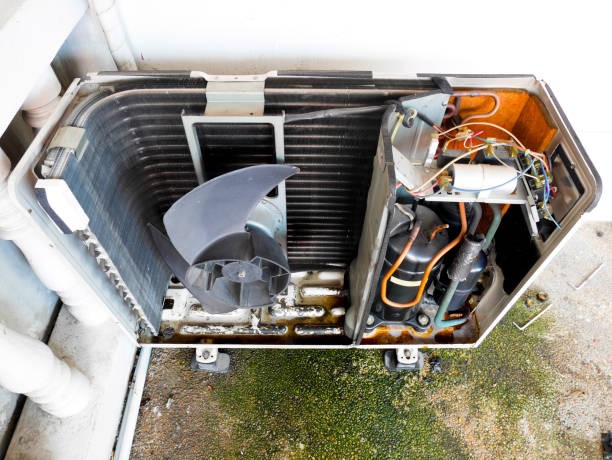Indoor air quality (IAQ) is an often-overlooked aspect of our well-being, despite the significant amount of time we spend indoors. Indoor air quality (IAQ) is an often-overlooked aspect of our well-being, despite the significant amount of time we spend indoors. This post highlights the importance of maintaining clean indoor air and provides practical tips to enhance air quality in your home, fostering a healthier environment for you and your family.
Benefits of Improving Indoor Air Quality
Empowering Health Awareness
- Proactive measures: By taking steps to improve air quality, you can safeguard yourself and loved ones from the harmful effects of indoor pollution.
- Identifying pollution sources: Understanding common sources of indoor air pollution, such as cooking fumes, cleaning products, and building materials, allows you to make informed choices and create a healthier environment.
Optimizing Allergy and Asthma Management
- Minimize triggers: For individuals with allergies or asthma, maintaining good air quality can help minimize exposure to triggers like pollen, dust mites, pet dander, and mold spores.
- Improve ventilation: Proper ventilation helps reduce humidity levels and prevent the growth of mold and mildew, which are common asthma and allergy triggers.
- Effective air purification: Using air purifiers with HEPA filters can help capture airborne allergens and improve overall air quality.
Contributing to a Greener Future
- Sustainable choices: Making sustainable choices, such as using eco-friendly cleaning products and reducing the use of pollutants, benefits both you and the planet.
Peace of Mind for a Healthy Home
- Informed control: By improving your indoor air quality, you gain control over your environment, ensuring you and your family can breathe easier.
- Creating a haven: Proactive measures allow you to create a safe and healthy home environment, free from hidden pollutants.
Practical Tips to Improve Indoor Air Quality
- Let the Fresh Air In: Regularly open windows to promote air circulation and dilute indoor pollutants.
- Maintain a clean home: Regularly dust, vacuum, and clean to reduce the buildup of allergens and pollutants.
- Control humidity levels: Use dehumidifiers or air conditioners to maintain optimal humidity levels and prevent mold growth.
- Choose eco-friendly products: Use non-toxic, eco-friendly cleaning products and materials to reduce the release of harmful chemicals.
- Avoid indoor smoking: Prohibit smoking indoors to prevent the release of harmful tobacco smoke and pollutants.
Investing time and effort in improving your indoor air quality is a significant step towards a healthier lifestyle. By implementing these tips, you can safeguard your health, optimize your living environment, and contribute to a cleaner future.
Knowledge is power, especially when it comes to what we breathe! Take control of your indoor air and create a breath-of-fresh-air haven for you and your family.

